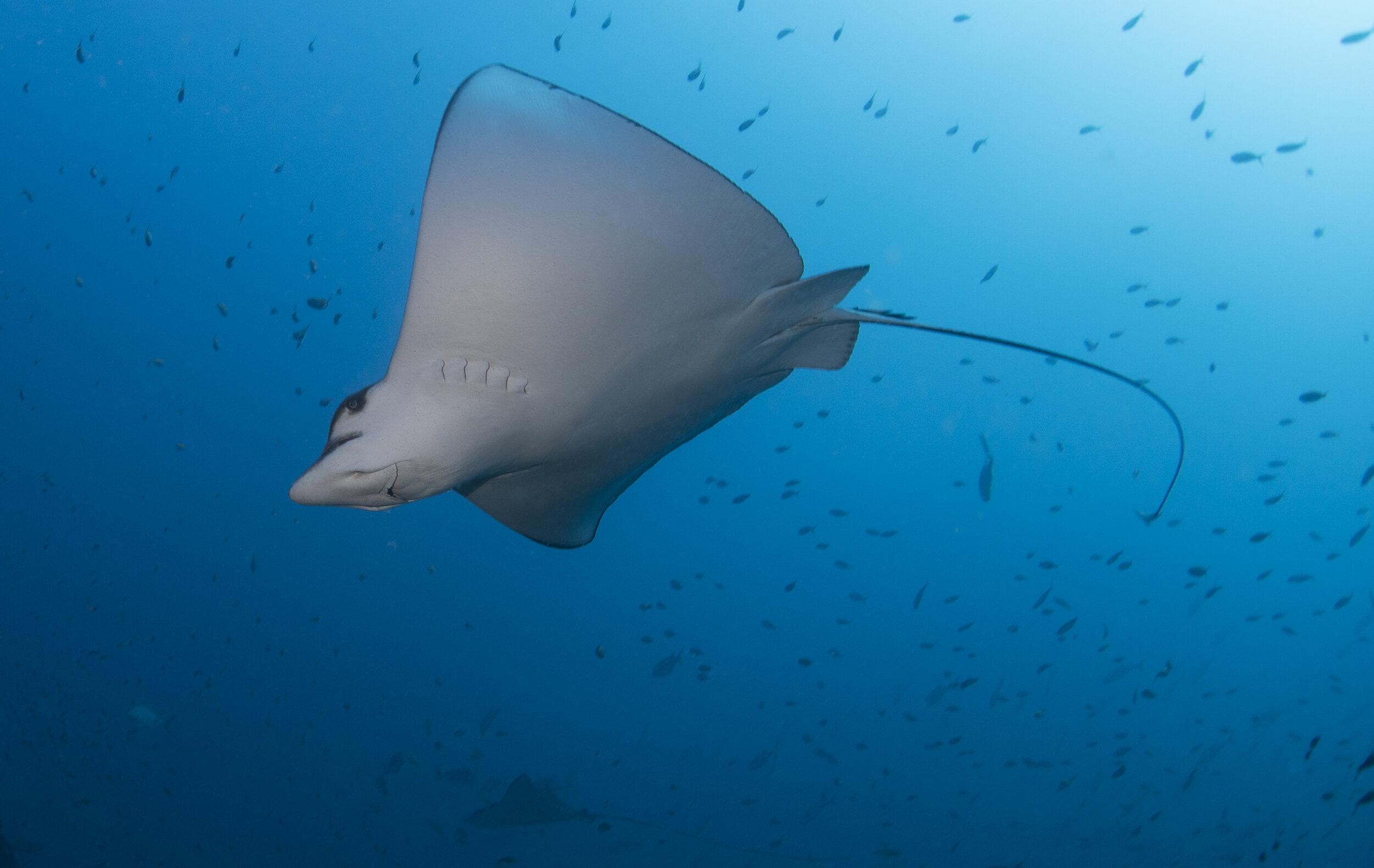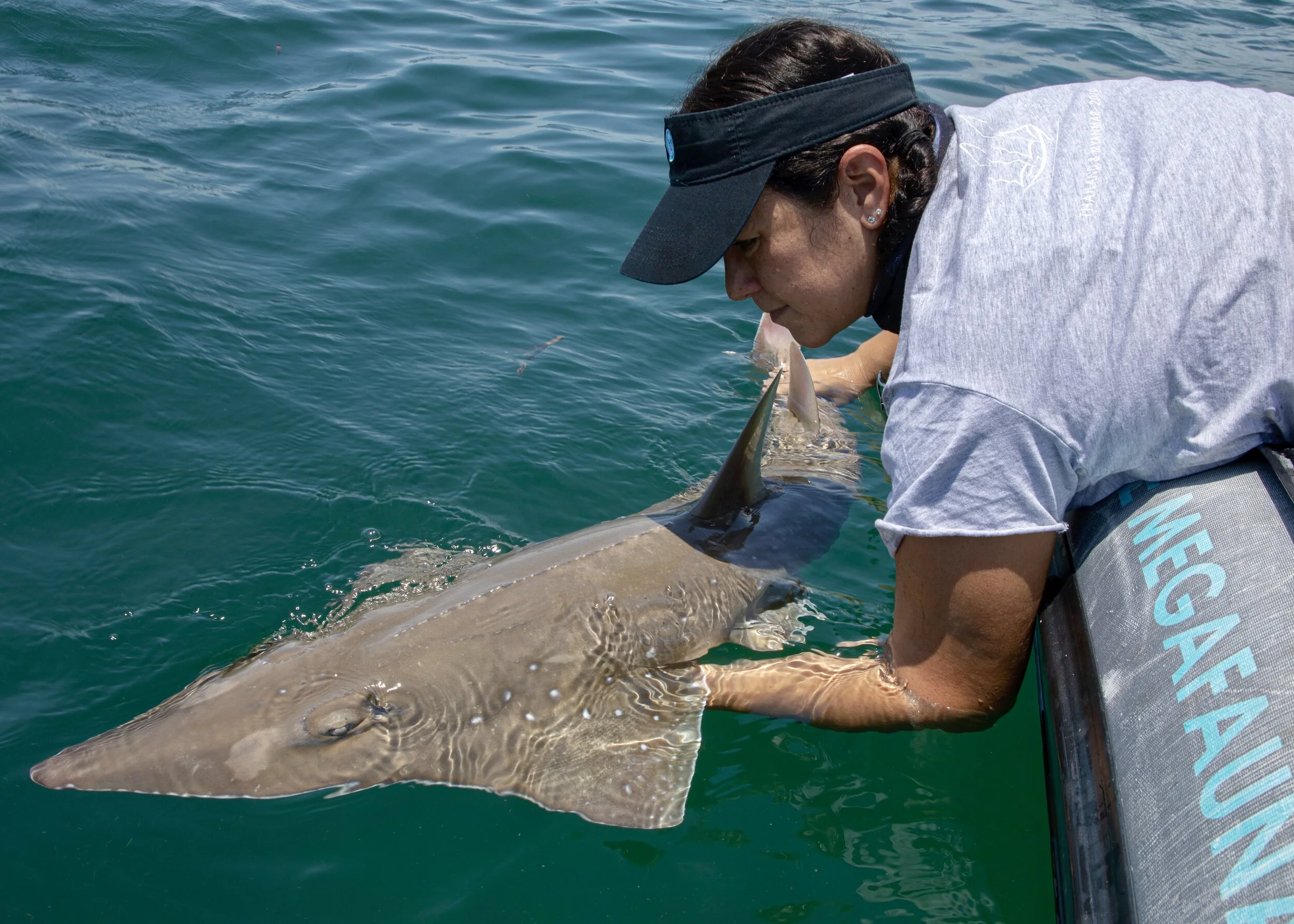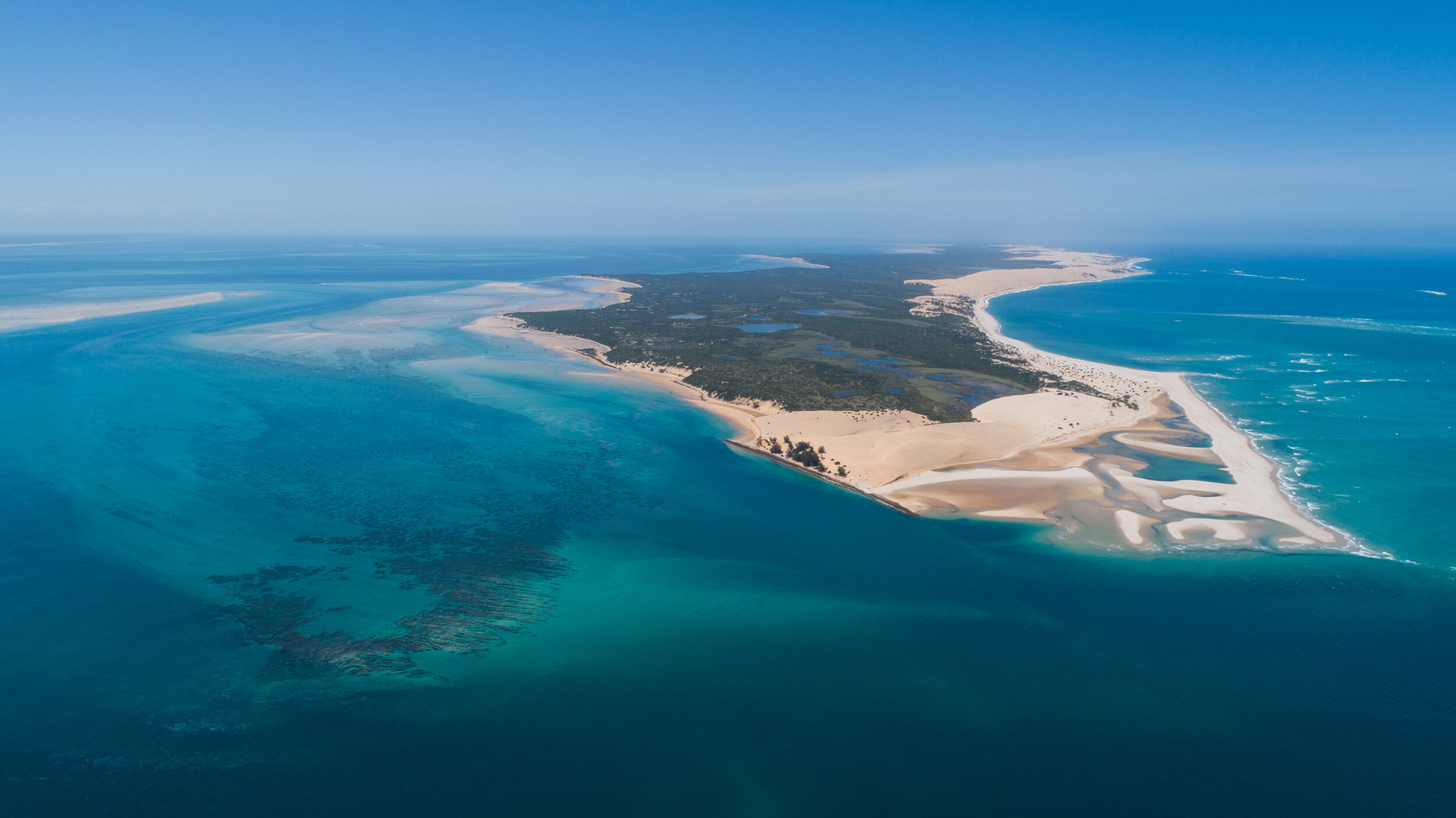
THE BIRTHPLACE OF MMF.
Mozambique Marine Research & Conservation Projects
MMF has been conducting ground-breaking research and conservation along Mozambique’s southern coastline since 2003.
Our team pioneered the exploration of the Mozambican coastline, made countless scientific discoveries, created a comprehensive educational program, and is continuing with world-leading research on threatened marine species, specifically sharks, rays, and sea turtles.
Inhambane Seascape in Mozambique Recognized as Mission Blue Hope Spot
We’re extremely happy that after a huge amount of work by Dr. Andrea Marshall and the MMF team, our ‘spiritual home’ has received major international recognition:
“I particularly want to salute Andrea Marshall and her team at the Marine Megafauna Foundation—they work with so many large creatures that are so important, and so threatened.” – Dr Sylvia Earle
MMF’s marine conservation work in Mozambique
Our main focal region is the Inhambane Province, stretching from the Save River in the north to Zavora in the south, comprising roughly 20% of the Mozambican coastline and encompassing the iconic Bazaruto Seascape. We have authored over 30 peer-reviewed scientific papers on marine life in southern Mozambique, all of which have been disseminated to the government to help support ongoing marine conservation efforts.
Saving Ocean Giants
Our primary objective in Mozambique is to safeguard the globally-significant marine megafauna populations that occur in the Inhambane Province. To accomplish this, we are supporting the development of a network of marine protected areas (MPAs) that protect the coastal movement corridors of migratory species, while encompassing the critical habitats of the animals that call this area home.
Along the way, we aim to improve fisheries sustainability and livelihood opportunities in the Province, build national research and conservation capacity, and support the continuing development of best-practice marine ecotourism.
Creating Sustainable Seas
The Sustainable Seas Project improves marine resource management with a visible reduction in destructive fishing practices and increased commitment to ocean conservation. The project aims to address threats to vulnerable species, reverse the impact of overfishing and help communities protect their valuable natural resources for future generations.
Evidence-Based Conservation
We prioritize studies that can provide rapid answers to pressing conservation questions. We focus our work on threat assessments, population monitoring to detect trends in abundance, and movement ecology to identify important habitats to safeguard. As we lack fundamental information on the biology and ecology of many threatened species, we also seek to fill these knowledge gaps through both field- and lab-based studies.
A major output of our work is global and regional conservation assessments, with our founders both being members of the IUCN Shark Specialist Group, and helping with the development of science-based management for protected areas.
Through formal collaborations with local MPAs, including the Bazaruto Archipelago National Park, Vilanculos Wildlife Sanctuary in the Bazaruto Seascape, and the Pomene Special Reserve, as well as ANAC (Mozambican National Administration for Conservation Areas), we are working to ensure that this information is used to guide the design and implementation of national, provincial, and local conservation management plans.
Creating Ocean Guardians
Ocean Guardians is the educational branch of the Marine Megafauna Foundation in Mozambique. A UNESCO-recognized program, we focus on bringing local communities closer to the ocean, helping them understand why marine conservation and water safety are so important.
Our goal at Ocean Guardians is simple: we want to teach the next generation to love and protect the ocean. We help children and young adults learn about how climate change affects our reefs and fisheries. We encourage them to appreciate our beautiful Mozambican coastline and inspire them to live in ways that are good for their communities, and planet.
Through our program, we're helping create future scientists, professionals, and policymakers who will stand up for our ocean. They'll work hard to tackle the problems that climate change is causing in Mozambique. Together, we believe we can make a big difference for our ocean and our communities.
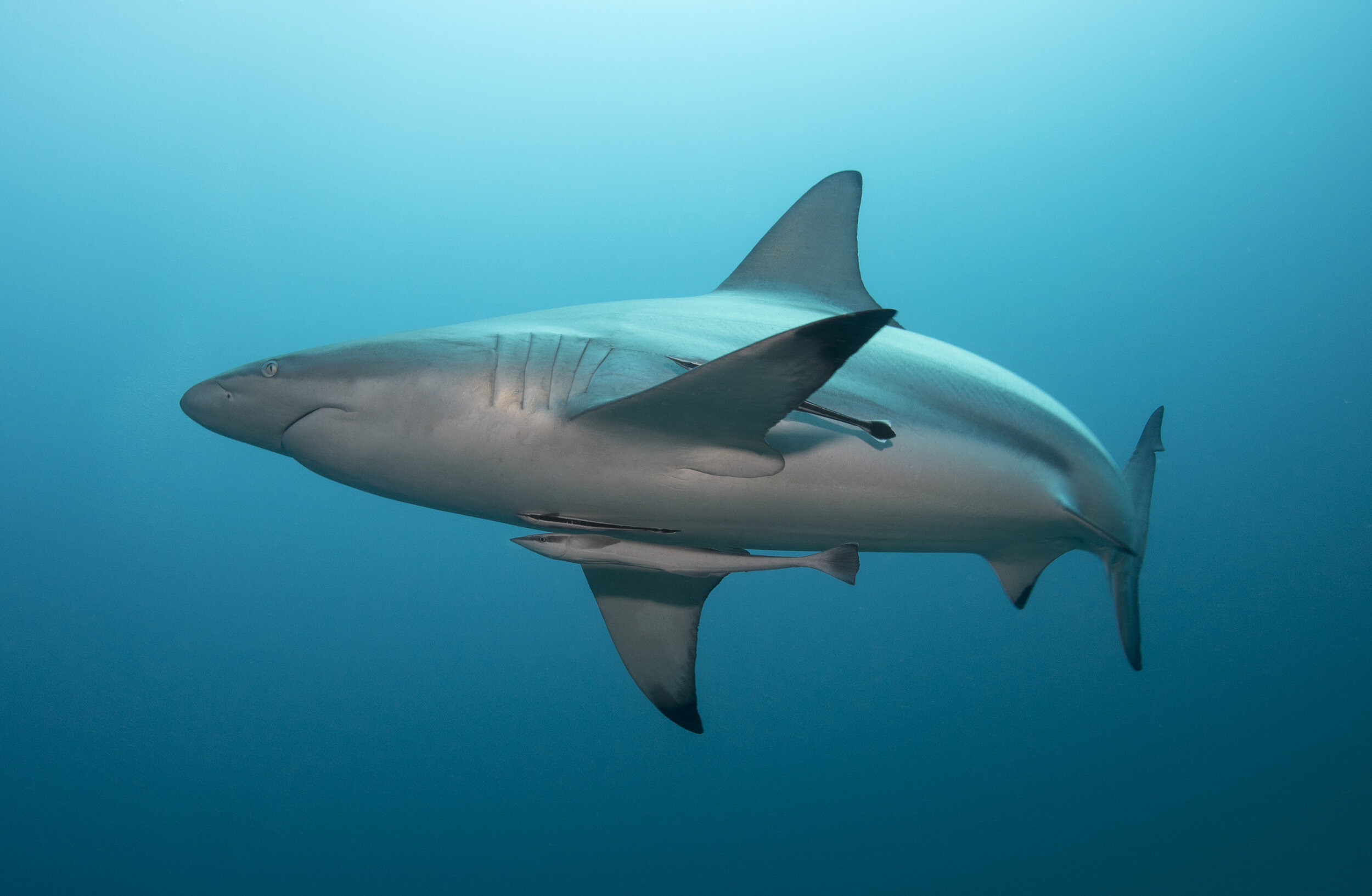
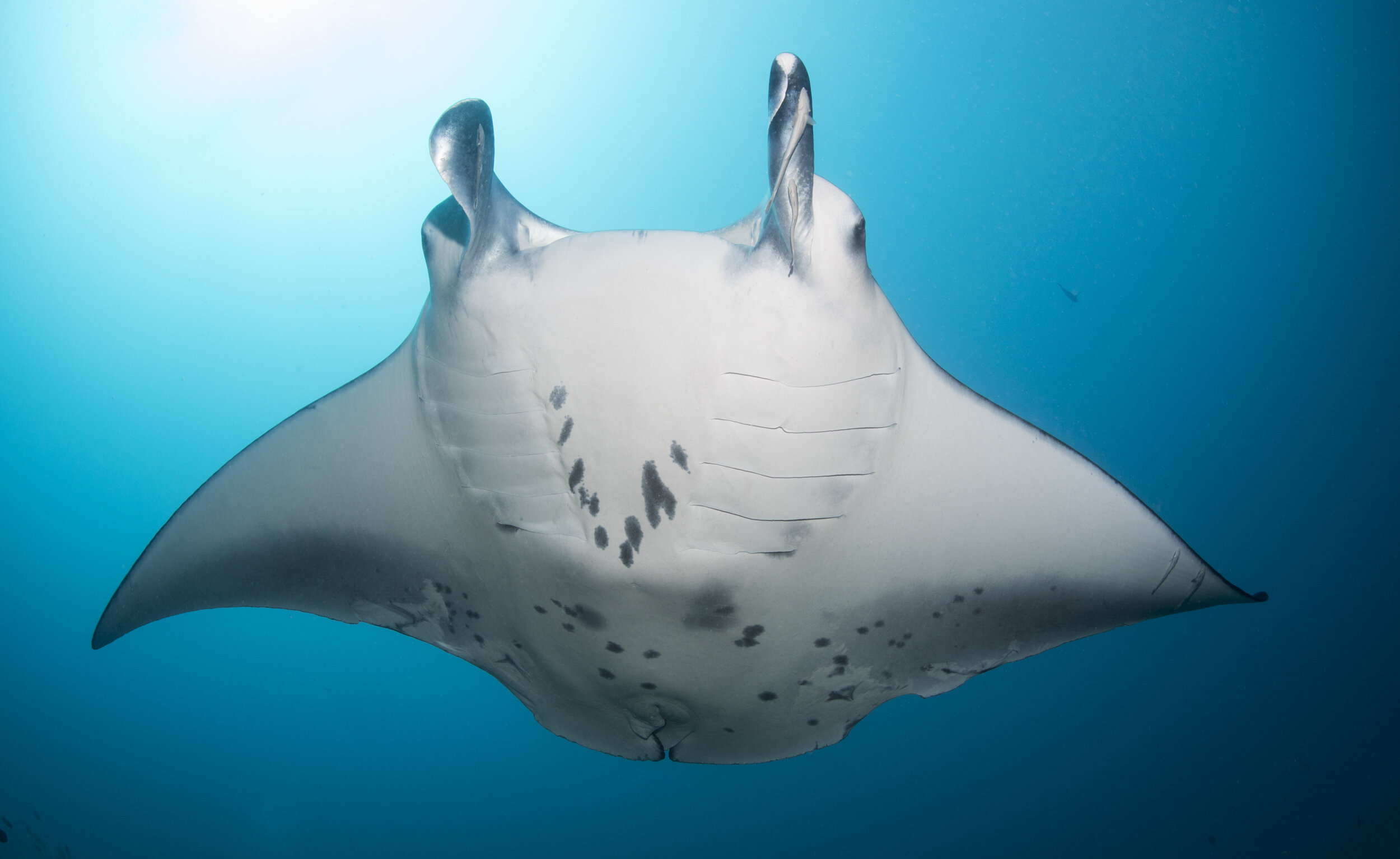
Marine Research in the Inhambane Province, Mozambique
The Inhambane Province coastline is rated by the IUCN as a Globally Outstanding marine conservation area and recognized as a potential World Heritage Site for UNESCO listing. These waters are an important breeding area for manta rays and humpback whales, a regular migratory corridor for endangered whale sharks and apex predators, including bull sharks, while potentially serving as the only spawning area for black marlin in the Western Indian Ocean.
This coastline was recently declared an Important Marine Mammal Area by an IUCN special task force. Several species of dolphin are present, including the highly threatened humpback dolphin, and the Bazaruto Seascape is home to the last viable population of dugong in Africa. Five species of sea turtles use provincial waters or nest along these shores. A staggering number of rare and understudied species also live along this coastline, particularly sharks and rays. For example, the region likely contains one of the most important habitats for critically endangered rhino rays in Africa.
However, a substantial increase in fishing pressure along this coast, in particular the use of indiscriminate gillnets, has contributed to substantial declines in sightings of manta and devil rays, whale sharks, sea turtles, and dugong. An increase in the use of long-lines and the targeted fishing of apex predators, including bull sharks, brindle bass, and black marlin, are affecting sensitive populations of megafauna that migrate to these waters to feed and breed. In response, an expansive Environmental Protection Area (EPA) has been proposed from the Save River to Zavora and is pending government approval. The EPA has been designed to protect critical habitat for marine megafauna and safeguard key areas for biodiversity.
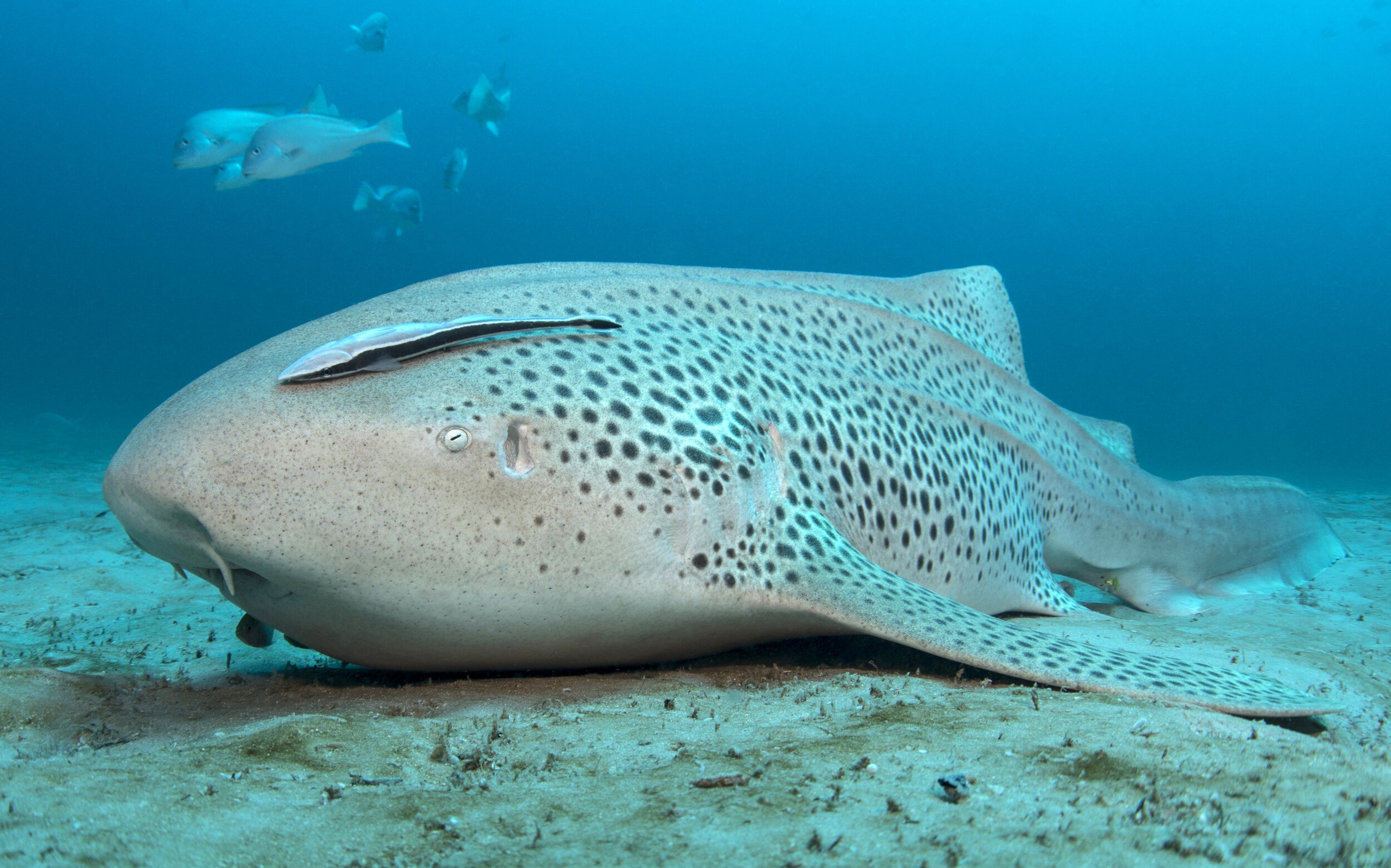
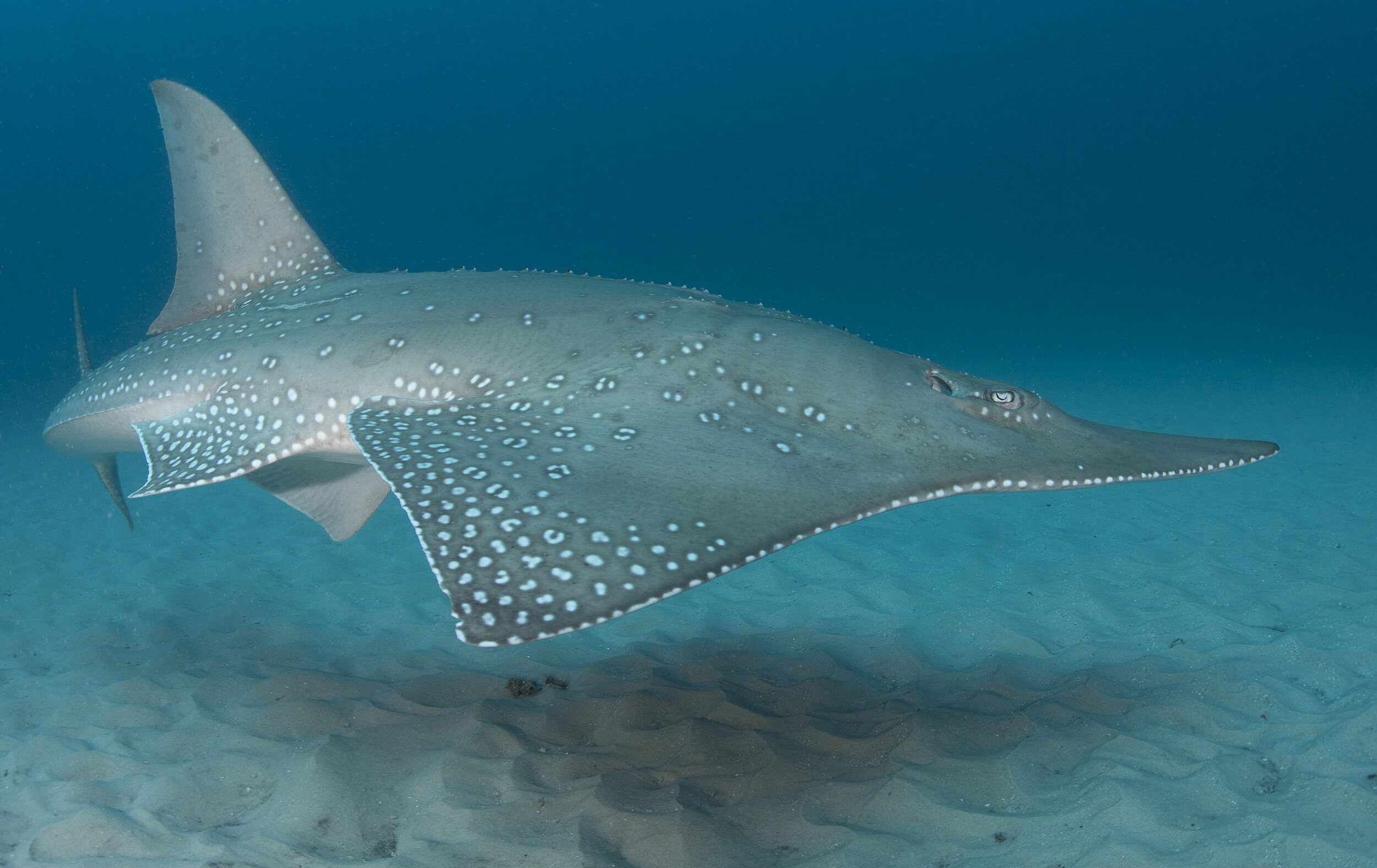
MARINE SCIENCE.
Current MMF Research Projects in Mozambique
Manta & Devil Rays
Building on two decades of manta and devil ray research in Mozambique, MMF is studying the movement ecology of these species to determine their critical habitats and home range, while identifying and mapping anthropogenic threats to inform our conservation efforts. We work with government and management authorities to identify and mitigate threats, protect areas of core habitat, and implement conservation projects.
Whale Sharks
The southern Mozambique coast hosts one of the world’s most important whale shark feeding areas. Our pioneering work in the country focuses on monitoring populations of these endangered giants, developing sustainable shark ecotourism, and identifying and addressing the species’ conservation needs.
Bull Sharks
Bull sharks are among the top predators inhabiting the Mozambican coastline, playing a vital role in marine ecosystems. Fisheries assessments have revealed a drastic increase in catch rates in recent years, indicating the need for swift and effective management action. This project uses a multi-technique approach to investigate the fine- and broad-scale movements and connectivity of bull sharks, addressing key knowledge gaps for this important coastal predator in southern Africa.
Rhino Rays
Rhino rays – the sharkrays, guitarfishes, and wedgefishes – were recently identified as the world’s most threatened group of marine fishes. They have been extensively targeted by fisheries, leading to dramatic population declines. Mozambique is a center of abundance for these spectacular rays. Our research is focused on gathering the data required for a science-based conservation strategy to be created for these critically endangered rays in Mozambique.
Smalleye Stingrays
In Mozambique we have an extraordinary opportunity to study the rare and enigmatic smalleye stingray. Despite being the largest of the marine stingrays, the species has eluded research efforts to date, leaving it data deficient and vulnerable to exploitation. This project aims to understand the distribution, movement, and habitat use of smalleye stingrays in the Inhambane Province to determine their population status and conservation needs.
Leopard Sharks
The Indian Ocean – Southeast Asian leopard shark population is thought to have declined by at least 50% over the past 50 years. The species is now listed as globally endangered. The Indian Ocean has been highlighted as a data deficient area for the species. This project will focus on better understanding the seasonality, distribution, and habitat use of leopard sharks in southern Mozambique, and defining priority areas for protection.
Elasmobranch Census
Overfishing has led to the severe decline of sharks and rays on a global scale. Southern Mozambique is a hotspot for elasmobranchs, yet detailed and current census information is lacking. Effective management and protection require this type of baseline information, therefore MMF scientists are gathering much-needed census data throughout the Inhambane Province.
Black Marlin
Black marlin (Istiompax indica) are highly migratory apex predators and one of the world’s largest teleost fishes. Fisheries pressure in the Indian Ocean is increasing, but management initiatives are limited.
Our research will use multiple methods to collect much-needed data on the regional movements and population structure of black marlin and confirm the Bazaruto Seascape as the Indian Ocean’s first identified spawning ground for black marlin.
THANKS TO OUR MOZAMBIQUE FUNDERS
Mozambique Projects
Alan Parker
Jim Artindale & Ann Rooney
The Barlow Family
Prince Albert II of Monaco Foundation
Turing Foundation
Fondation Ensemble
Margo Marshall
Scuba Pro
Mozambique Threatened Species Program
OCE Foundation
Mark and Caroline Hackney
Ultralight Control Systems
Ocean Wildlife Project
Blue Action Fund
Shark Conservation Fund
Latest Mozambique press releases
Highlighting MMF’s marine research & conservation work across Mozambique.
Explore MMF’s Research & Conservation Projects in Mozambique:
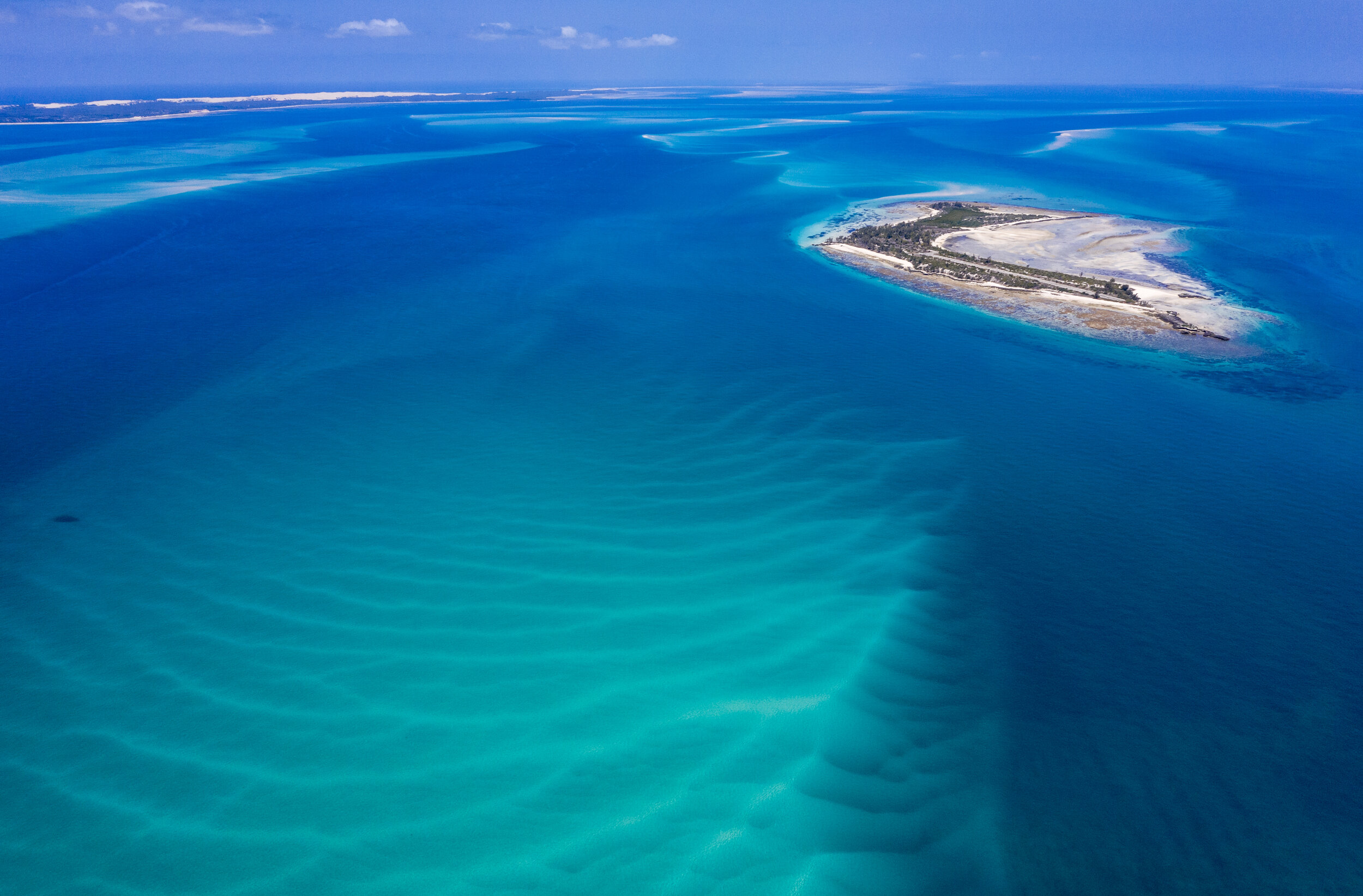
Bazaruto Seascape Marine Conservation
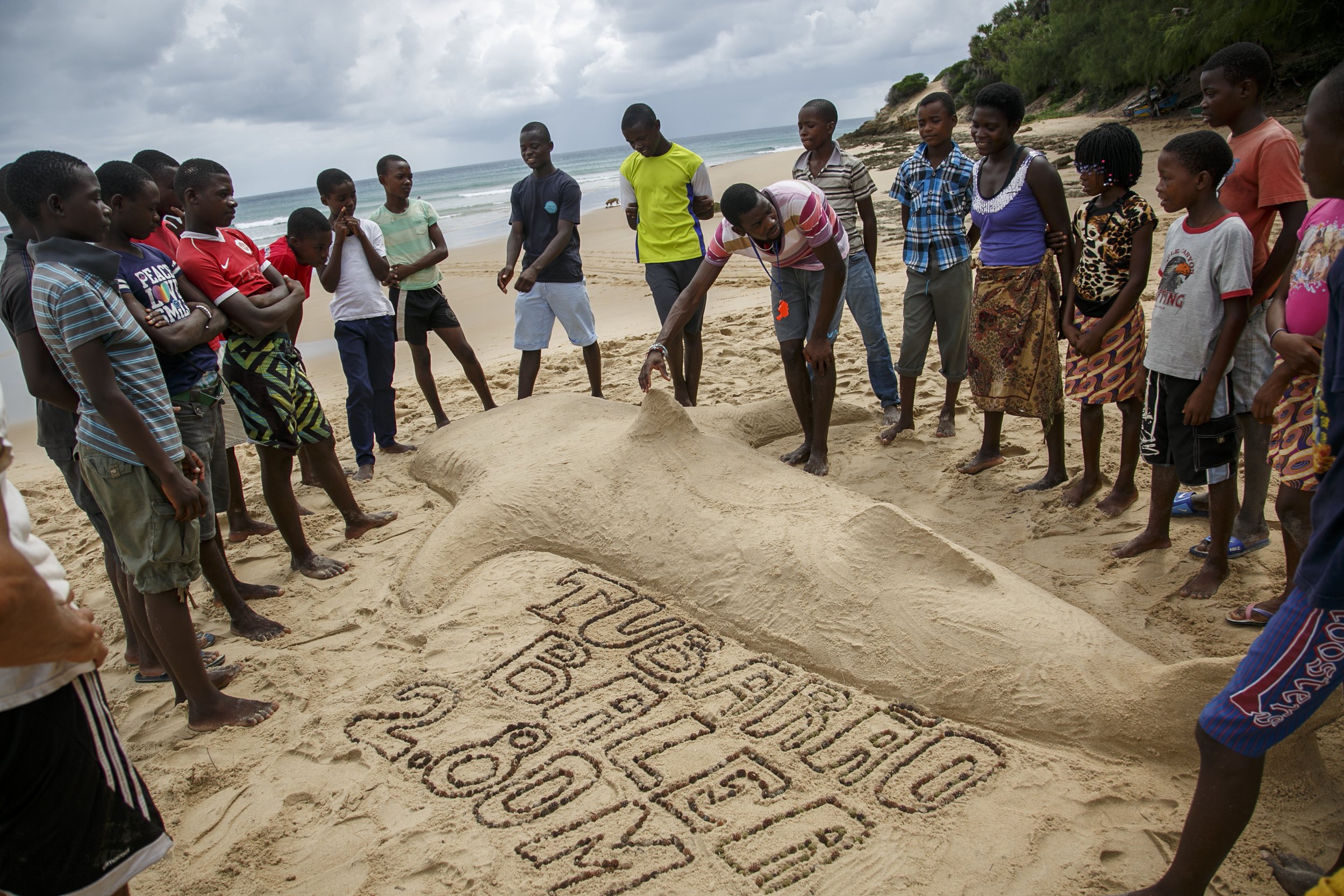
Mozambique Ocean Guardians Education Program

Mozambique Manta & Devil Ray Research Project
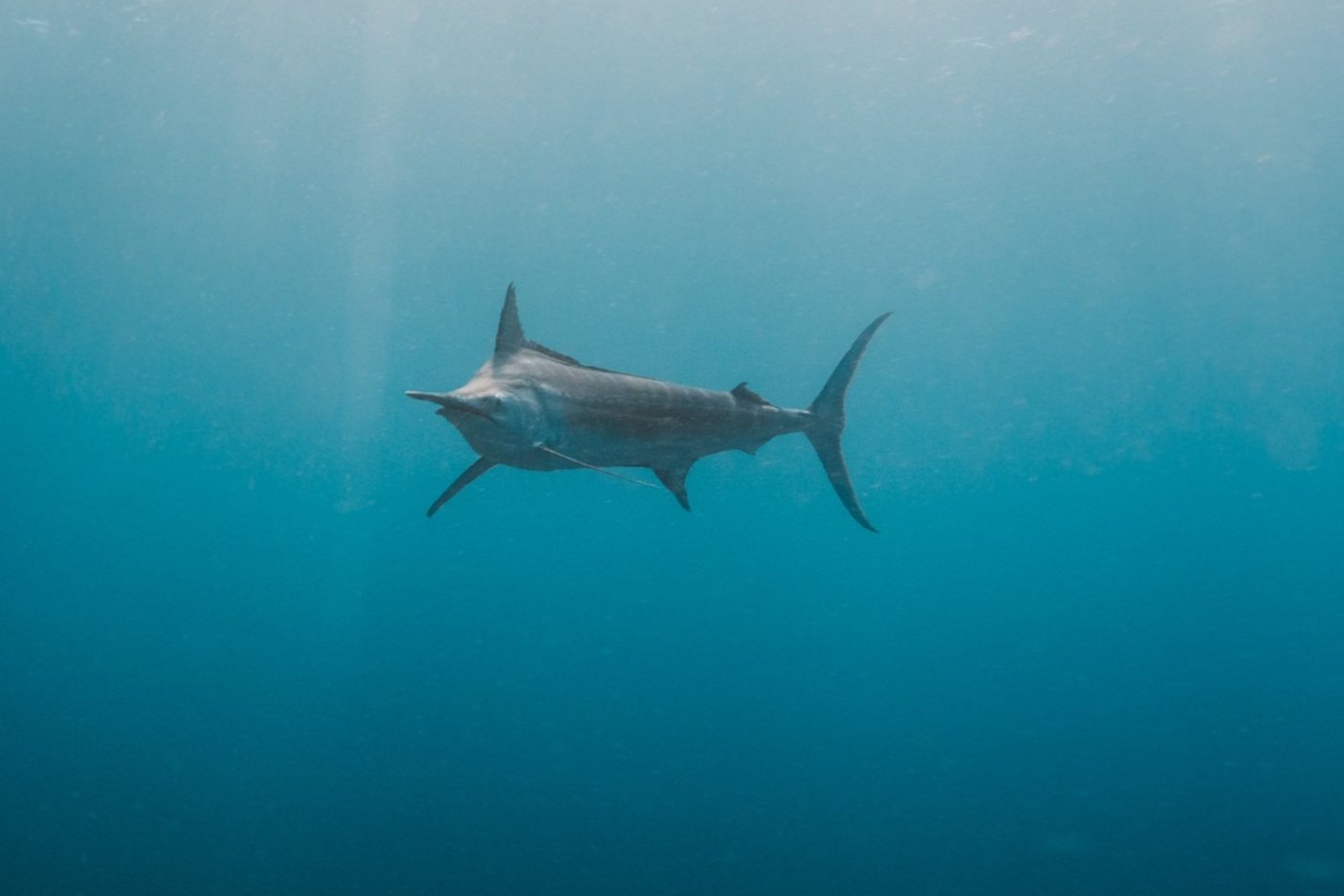
Mozambique Marlin Research Project
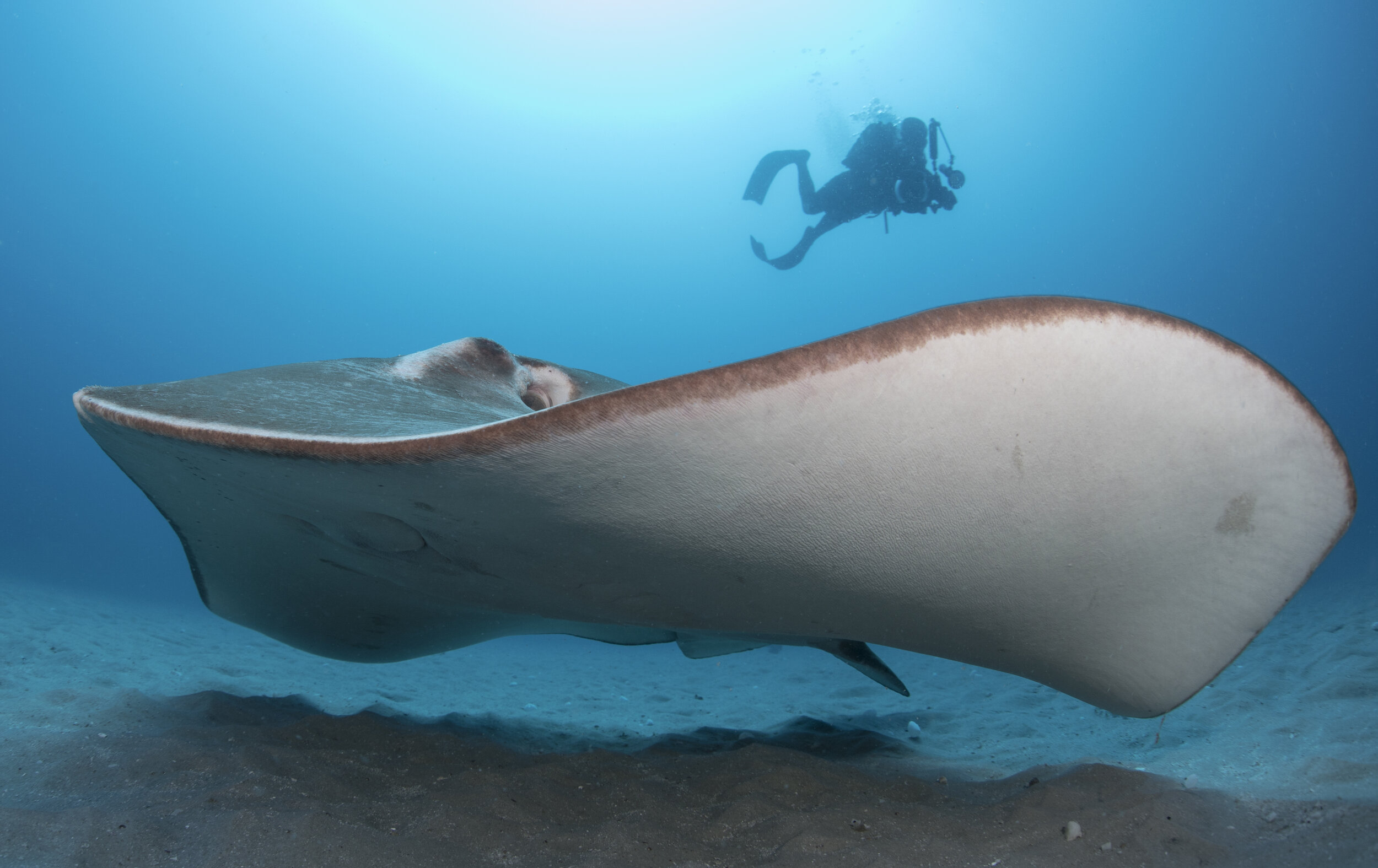
Mozambique Smalleye Stingray Research Project
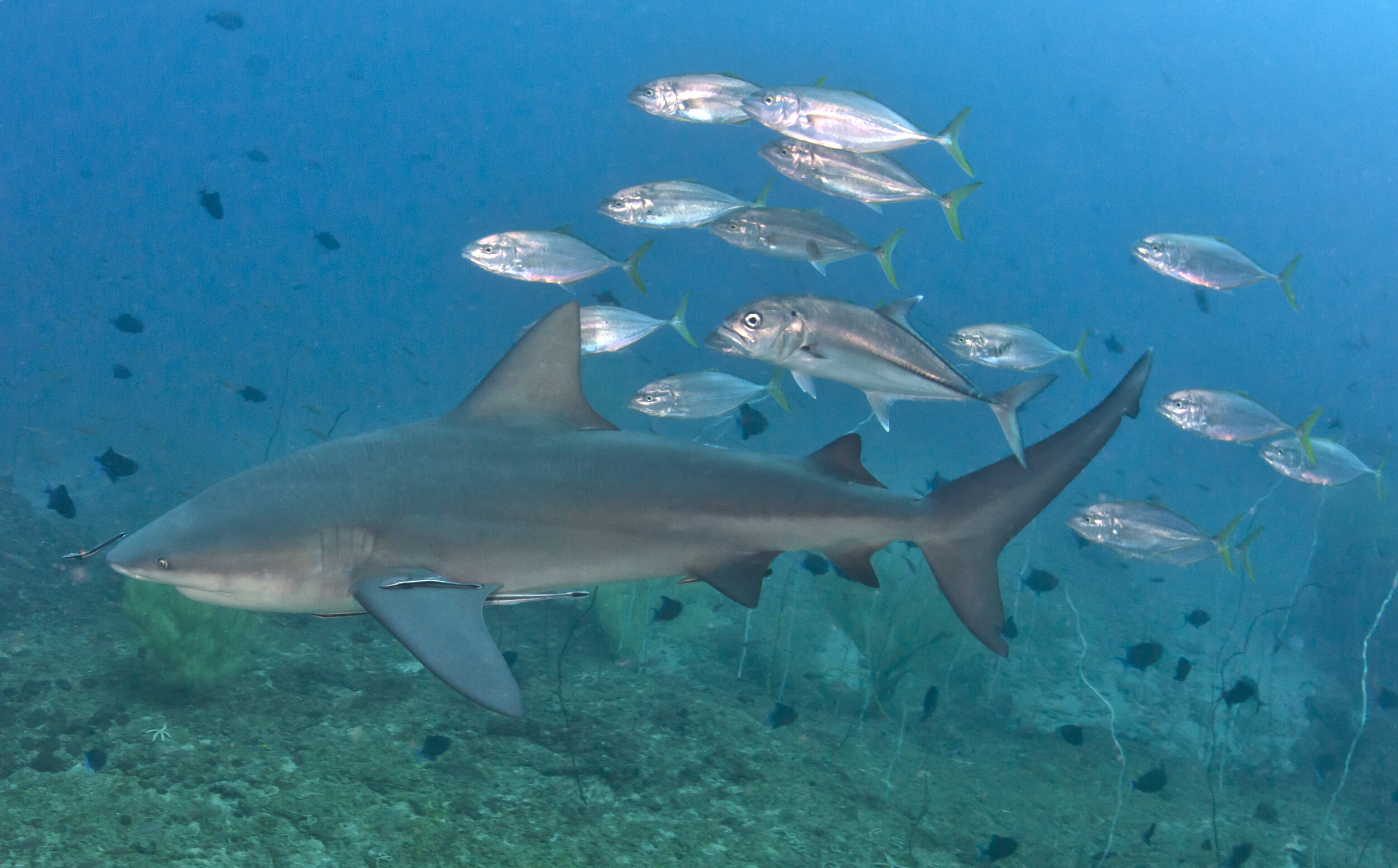
Mozambique Bull Shark Research Project

Mozambique Rhino Rays Research Project

Mozambique Leopard Shark Research Project
